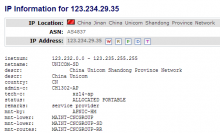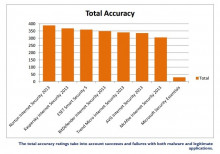New adware Trojan circulating that targets Mac OS X systems
A new Mac OS X Trojan is making the rounds, installing an adware plugin that renders ads on Web pages to generate revenue for its author.
Dubbed Trojan.Yontoo.1, it is the most prominent of an increasing number of adware Trojans making the rounds, according to Russian antivirus company Dr. Web, the same company that discovered the Flashback virus last year.













































































